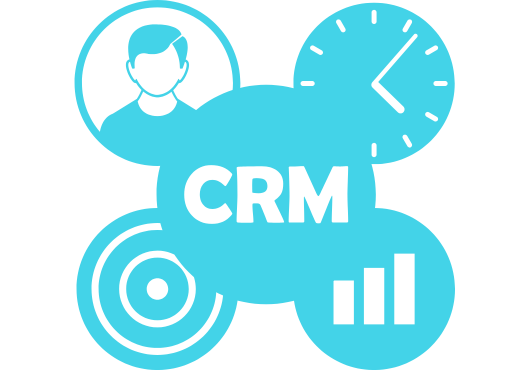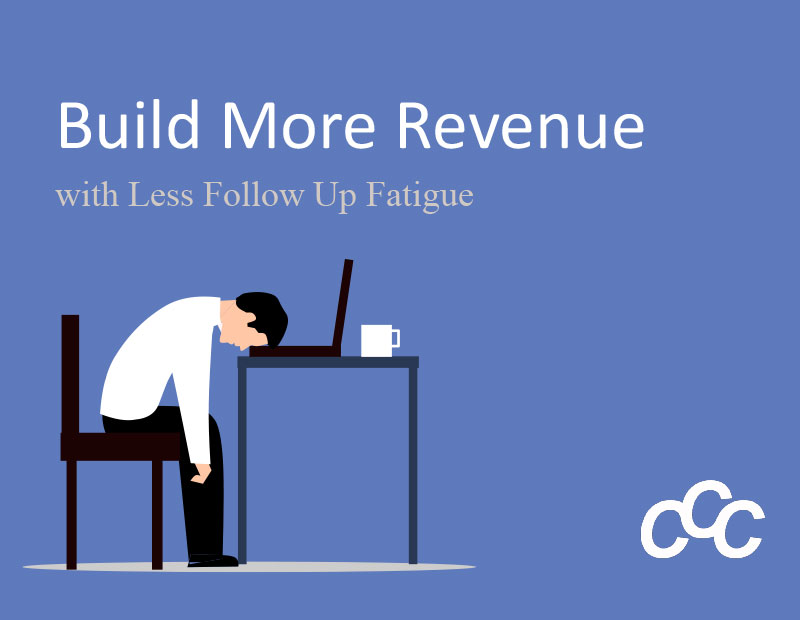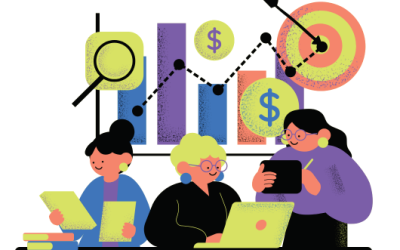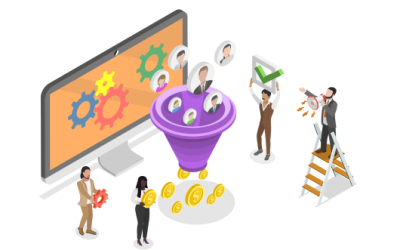Why do people decide to get a CRM? There are so many reasons not to get one (i.e., they are a pain to implement) so why do businesses use CRMs?
Who You Are?
Most of us are in sales regardless of title. Whether you are a business owner, VP of Marketing and Sales, or a salesperson, you are focused on closing sales, increasing conversion rates, and meeting qualified leads. Many of us manage salespeople, adding new complexity.
In most cases, we’ve created sales methods and they work. So why change your ways and use a CRM? Why pay money and spend time learning a new product when the old way works fine?
Who Needs a CRM?
CRMs come in all sizes and shapes and a quick internet review will show you prices range from $8.00 to $800.00 per user per month exclusive of startup fees. If you only need an electronic rolodex, you can find many apps on the web.
If you manage sales reps or want to automate outreach, your needs are different. Prioritize your needs and think about your budget as two first steps.
What Are Your Symptoms?
Perhaps, your current sales methods are perfect, and you demonstrate none of the following symptoms:
- Disorganized customer data scattered across applications, spreadsheets, and sticky notes.
- Sales reps that are slow to update their sales managers.
- Customer preferences and buying patterns are undocumented.
- Many examples of repetitive, manual emails and tasks.
- Limited information sharing across marketing, sales, production, and customer service functions.
As businesses grow, these symptoms become intense and hinder expansion. A CRM provides the scalability and flexibility required to support your business growth.
Examples of How to Use a CRM?
A robust CRM includes built-in sales funnels, segmentation, templates, and the Power of Automation. It also triggers outreach to clients and prospects and internal reminders to yourself and sales reps.
If 12 engagements are needed to close 80% of your sales, automate 50%. Here are some examples:
- Retailer sends customer reorder reminders and loyalty promotions based on their central record of in-store and online purchases. It triggers emails to its customers who have abandoned their shopping cart.
- Real estate agency’s sales funnel triggers personalized emails to nurture early-stage prospects.
- Marketing agency uses a 5-day drip text and email campaign to help its client reach niche markets.
- Distributor’s sales team enhanced its brand by creating 8 personalized email templates to replace the most common emails sent repetitively by the reps.
- Consulting firm uses its sales funnel to communicate to the VP of sales as prospects move through their 5-stage process.
In each case, the CRM is the “high tech” that supports your “high touch” to close more sales with less follow-up fatigue.
The Payoff
Imagine having more time to focus on your highest priorities. Whether you choose to spend time with your best clients and prospects or pursue your favorite activity, CRMs help you convert more sales with less effort.
The payoff is real. Get a CRM that does the tedious manual work for you and spend more time on what you choose. The Power of Automation” lets you engage with your prospects 12 times over your sales cycle?
Take advantage of your CRM and let it do 50% of the work. Not sure if you need a CRM or which one to get?
Set up a Meeting so we can share with you what we have learned.





